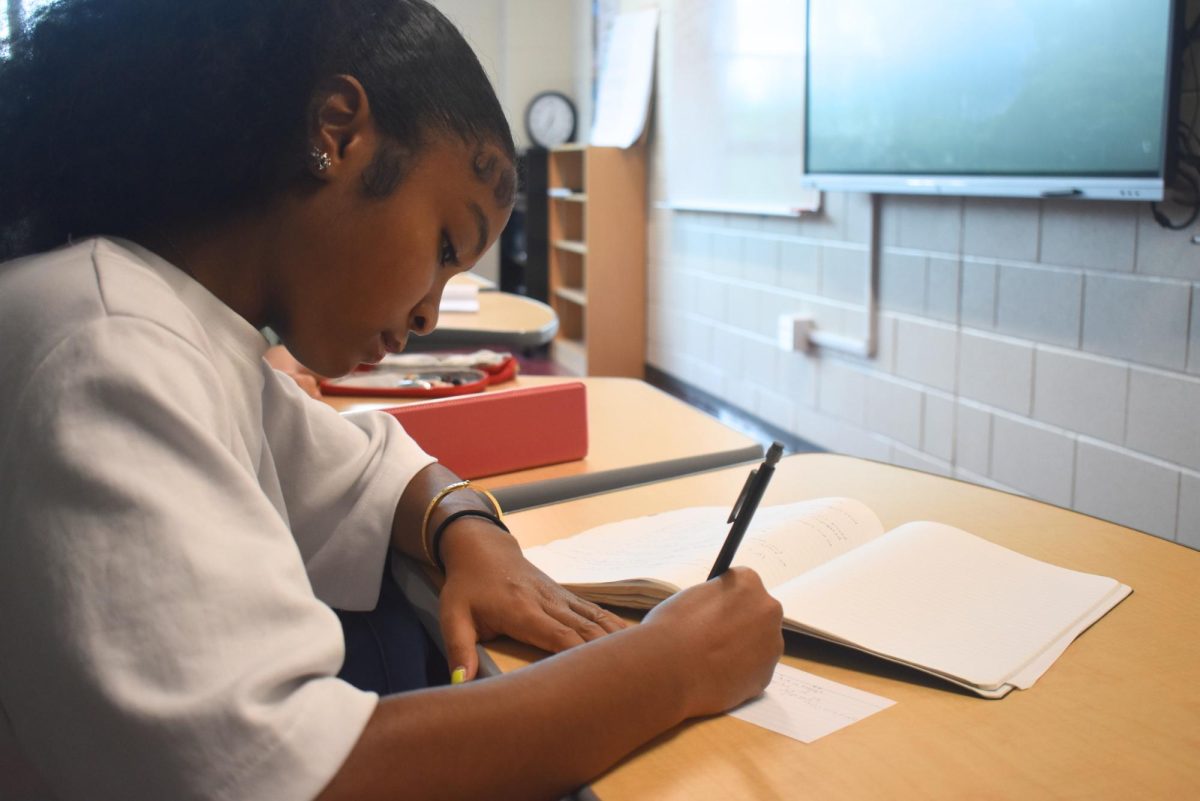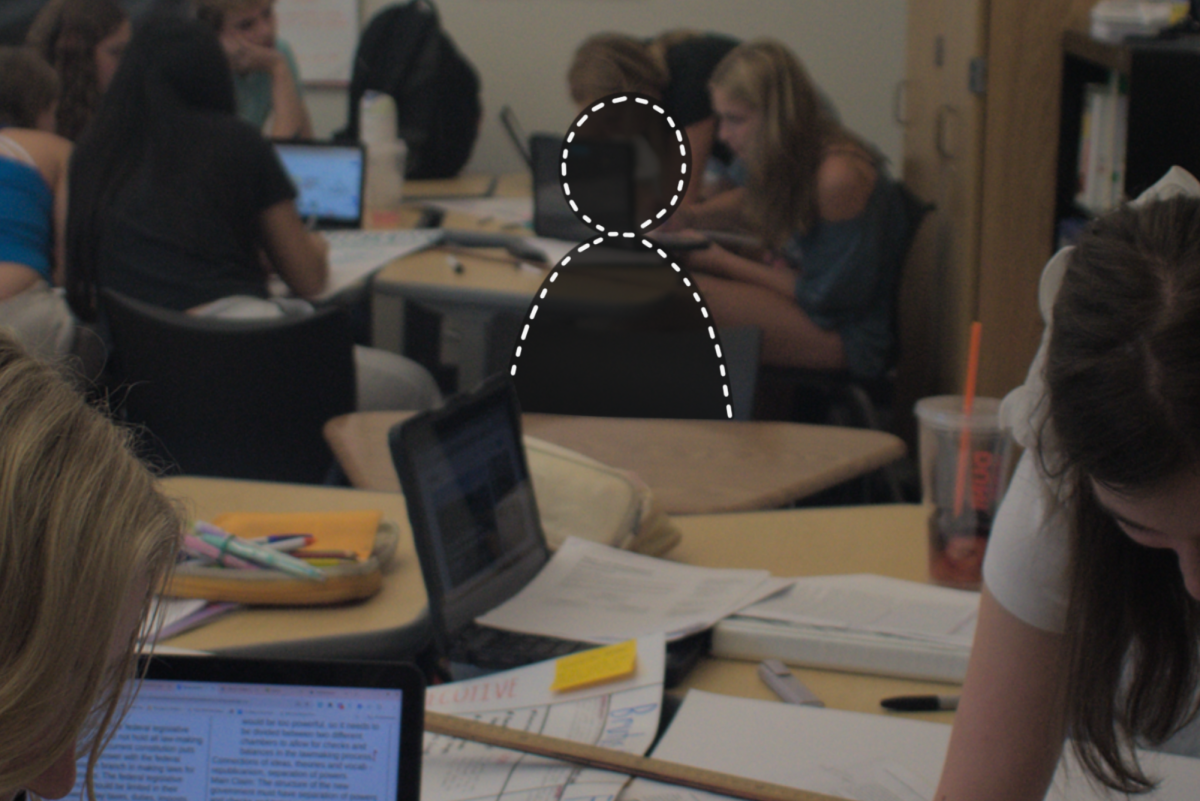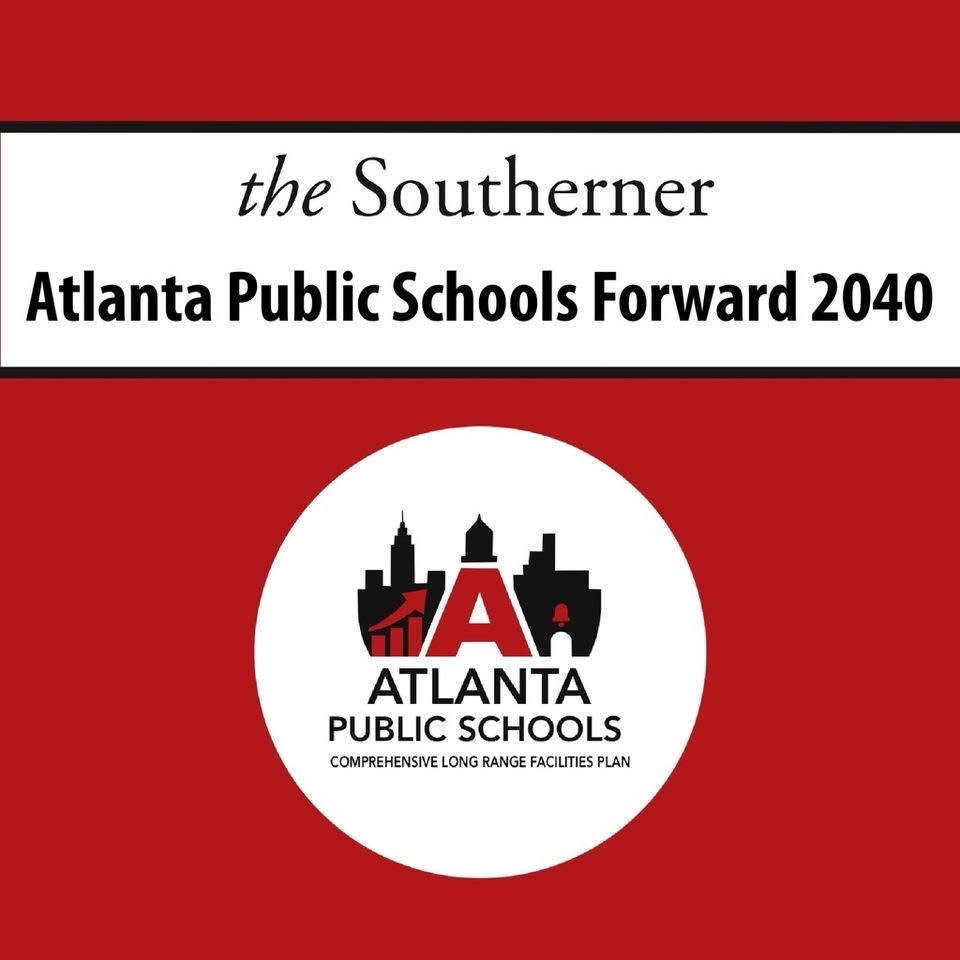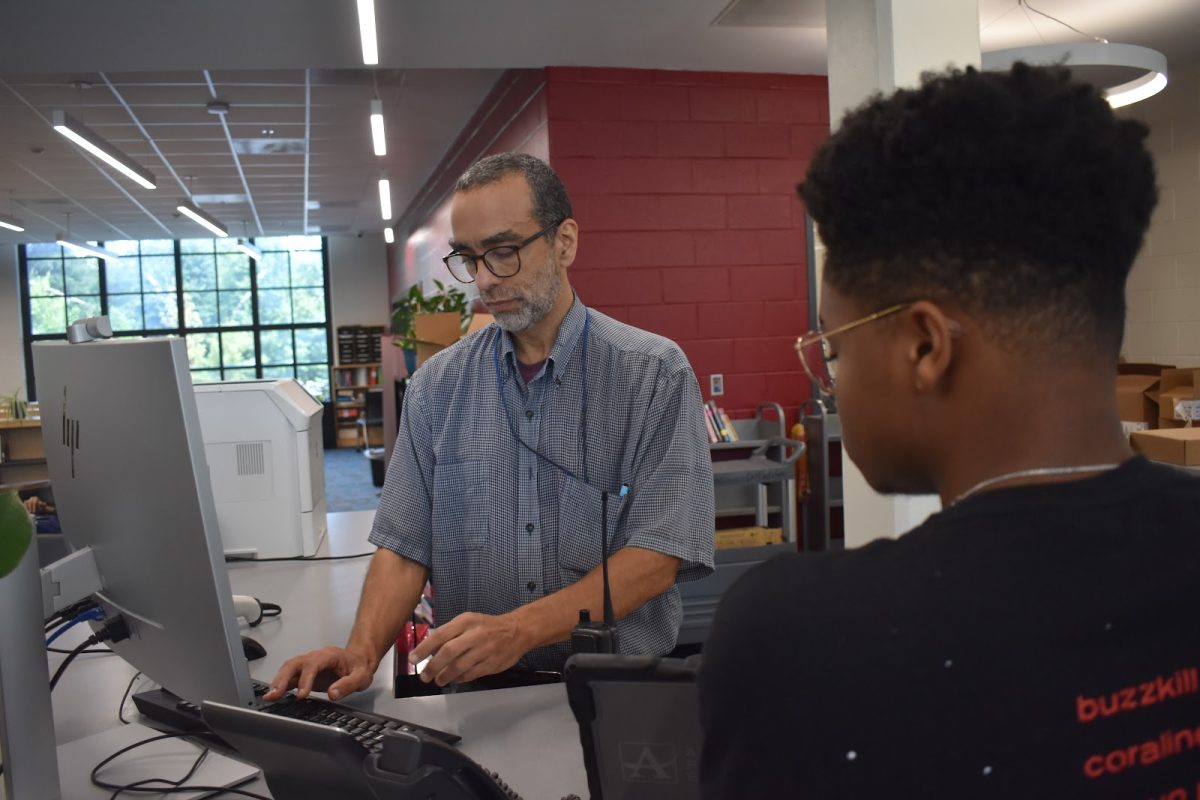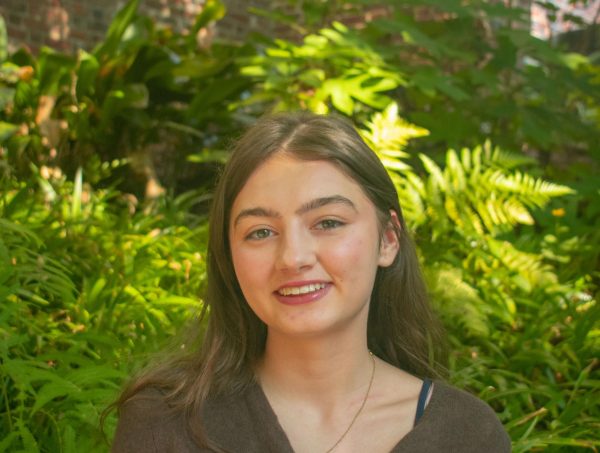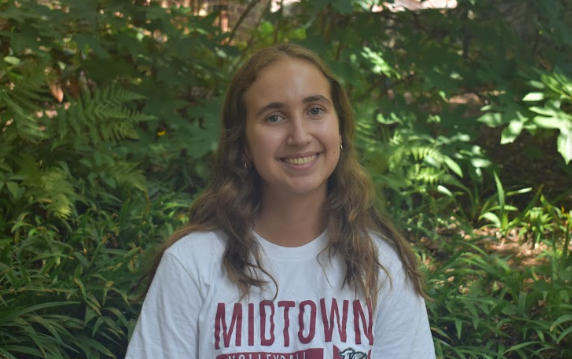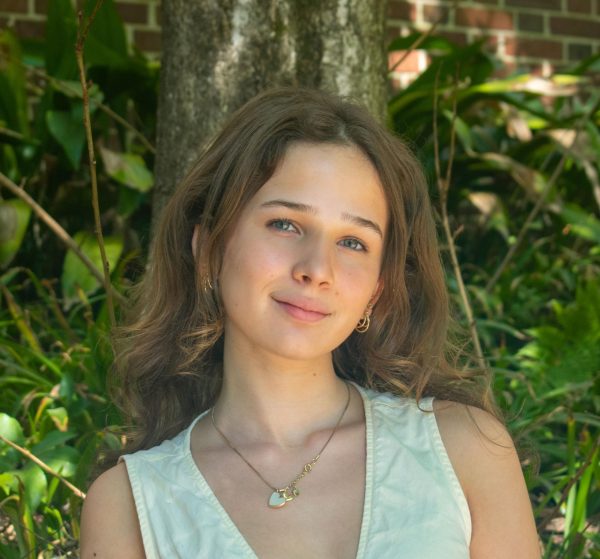Midtown recently announced students will have the opportunity to take Advanced Placement African American Studies for the 2025-26 school year. The decision follows controversy earlier this academic year over statements regarding the future of the course by State Superintendent Richard Woods.
Atlanta school board member Shivy Brooks was very vocal about his support for the course during the period of confusion surrounding the course. Brooks said this confusion led to more people becoming engaged with the class.
“I think it’s about willingness,” Brooks said. “I think the conversation around the state not funding[the course] really raised a lot of people’s eyebrows. I think it really drummed up a lot of conversation, which then drummed up a lot of students expressing interest for the class. I think it motivated some teachers to get AP certified if they weren’t already so that it could be offered at their different schools.”
Midtown doesn’t currently offer AP African American Studies but it does have a similar course, Intro to African American Studies, taught by social studies teacher Noel Erskine. Erskine, who will be teaching the AP course, said the curriculum covers history from pre-American times to the 1950s.
“Talking about Black folk in North America, we can’t start with slavery because it wouldn’t be accurate,” Erskine said. “What would be accurate would be to find out what civilizations, kingdoms and empires these so-called enslaved folk came from. So that’s where we start. We start with looking at kingdoms and empires like Ghana, Mali, Songhai, the Swahili city states, Ethiopia, etc. It ends [around] the 1950s.”
Erskine attributes the need for this course to the lack of inclusivity when it comes to history courses.
“If you’re going to teach history, then you need to teach it correctly,” Erskine said. “Unfortunately, for whatever reason, we have groups who are wholesale left out of history, if that’s women, if that’s the Irish, if that’s Native Americans, Blacks, etc. If history was taught correctly, then we wouldn’t need a woman studies class. If history was taught correctly, we wouldn’t need a Black history class.”
English teacher Mario Herrera incorporates the African diaspora content into the first unit for his AP Seminar students. While this has been a growing trend across the country, he believes the AP African American studies is a necessary step to further the teaching of African American contributions.
“We’re the ones that kind of started the African diaspora content in AP Seminar,” Herrera said. “That has been increasing exponentially across the world. It builds a need that African American studies will just completely enrich. Isn’t it strange how for 400 years, an unparalleled contribution by African Americans in the United States, isn’t discussed as a regular conversation? So this is perfect, because it is necessary.”
Junior Kaili Stith did not have room on her schedule to take the course, but she is excited for the knowledge of black culture it will bring to her peers.
“I feel amazing about AP African American studies being offered at Midtown because it will allow for different backgrounds of students at Midtown to be able to understand African-American studies,” Stith said. “Not only the grim history that is often taught about slavery and segregation, just all the negative aspects that black Americans have endured, but also all the culture and language that we have provided to modern day society. It is a really immense impact that Black culture has had on pop culture and current day culture.”
Herrera is particularly excited that students will have an opportunity to learn about African American culture, as that opportunity was not extended to him when he was a student.
“Nothing like this existed when we were in school, and one of the things we loved doing was learning about things that were relevant, that were salient,” Herrera said. “Personally, what I also realized is how sad that we never had anything like this when we were in school, and to be able to give the opportunity to Midtown students, it just seems fantastic. I’ve heard great things about it.”
Stith feels that while Midtown is a diverse school, it still has strides to make. She hopes the class will create a sense of community between students of different backgrounds.
“I hope that this class will impact Midtown by making it a more integrated school,” Stith said. “I feel like the school is very diverse, but I don’t think it’s super integrated in the fact that I feel like people from the same background are often together and don’t congregate with people from other backgrounds whether that be race, sexuality or socioeconomic class.”
With President Donald Trump’s policies to end Diversity, Equity and Inclusion programs, Stith is worried about the future of AP African American studies.
“It’s important for us to get this knowledge, especially with critical race theory and all the issues and problems that it has sparked up in recent times,” Stith said. “All in all, AP African-American studies is super important, especially because we don’t know how much longer it’ll be able to be taught in schools.”
Erskine said it is important to have courses such as AP African American Studies because it had the potential to inspire students.
“I think the way that people see themselves in time, space and history influences the way that we act today,” Erskine said. “So if your mindset is of the fact that you or your people have only been spectators as humanity has advanced, then you’re not going to aspire or achieve or try to do too much. But if you know that, you know you come from greatness, if you know that your people or your region or where you come from geographically have also made contributions to humanity and civilization. Then you’re going to navigate, operate and function in this world, I think, at a higher level.”
Brooks believes the growth of the AP African American studies course is a great opportunity for the district.
“What we have seen, at least in APS, is a willingness to be courageous and expand learning opportunities for Black history, specifically AP Black history,” Brooks said. “It’s being spread throughout the district and so now we’re in a position where it will be offered at every single high school throughout the district and I think that’s powerful.”
Herrera said the location of Midtown reflects the need for AP African American studies.
“We’re Atlanta Public Schools,” Herrera said. “Atlanta is considered a Black Mecca in the country. To us, this class is part of who we are.”
Brooks believes this course will be especially important for APS students.
“I think students should take the course because they deserve more rigor, which I believe is going to help them be better learners and achievers in life,” Brooks said. “Moreover when you’re learning black history, you’re really ultimately learning about Atlanta’s history and so for AP students there’s no way that you can learn about history without learning so much about our old city and our neighbors and historical figures who contribute so much to the fabric of the world in America. Taking a course like AP Black History is almost like taking a course on Atlanta.”















